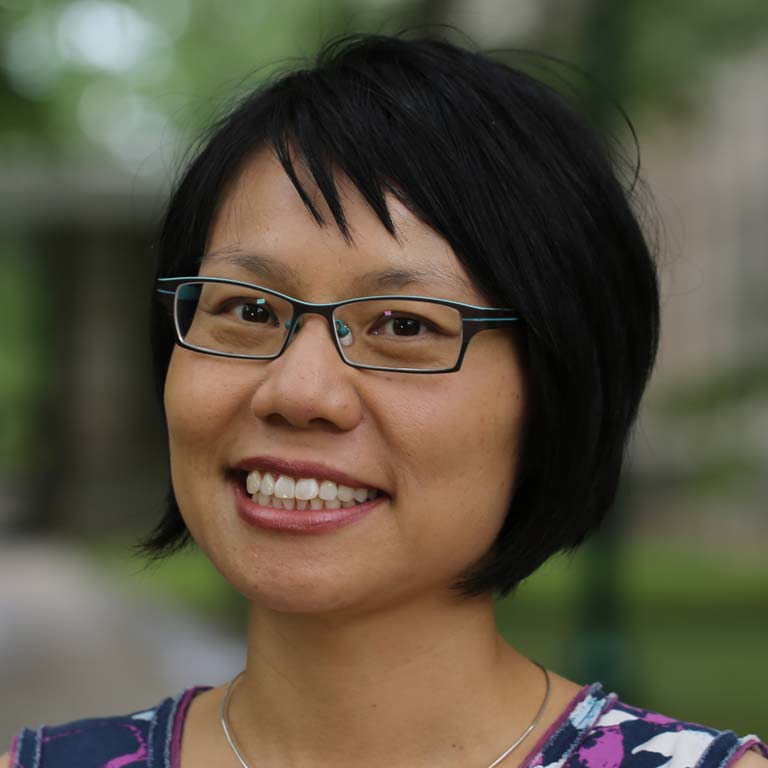
Smith-Buonanno 106, 95 Cushing Street, Providence RI 02912
Today the reigning perception of Asians in the United States is that of the “model minority”: naturally smart and hardworking, socio-economically mobile, quiet, and unlike other peoples of color for these very reasons. Observers often attribute the putative “success” of Asian Americans to “culture.” By excavating the origins of the “model minority” image in the 1940s-60s, historian Ellen Wu explains that it is an invented fiction rather than timeless truth.
See also:
Seminar with Ellen Wu: "Writing the History of Race in America: Opportunities and Challenges"
Friday, April 10, 2015
10:00am - 11:30am
CSREA Conference Room, Hillel 303, 80 Brown Street
|
Ellen D. Wu The issues that animate Professor Wu's research grapple with problems of race, citizenship, migration, and nation through the lens of Asian American history. Her first book, The Color of Success: Asian Americans and the Origins of the Model Minority (Princeton, 2014), tells of the astonishing makeover of Asians in the United States from the "yellow peril" to "model minorities" (i.e. culturally wired to "succeed") in the middle decades of the twentieth century. It charts the emergence of the model minority stereotype in the dual contexts of the United States' global rise and the black freedom movement between the 1940s-60s. The Color of Success reveals that this far-reaching, politically charged process continues to have profound implications for how Americans understand race, opportunity, and nationhood. Her current project considers the changing conditions and consequences of race-making and policy-making in the late twentieth century United States. |
